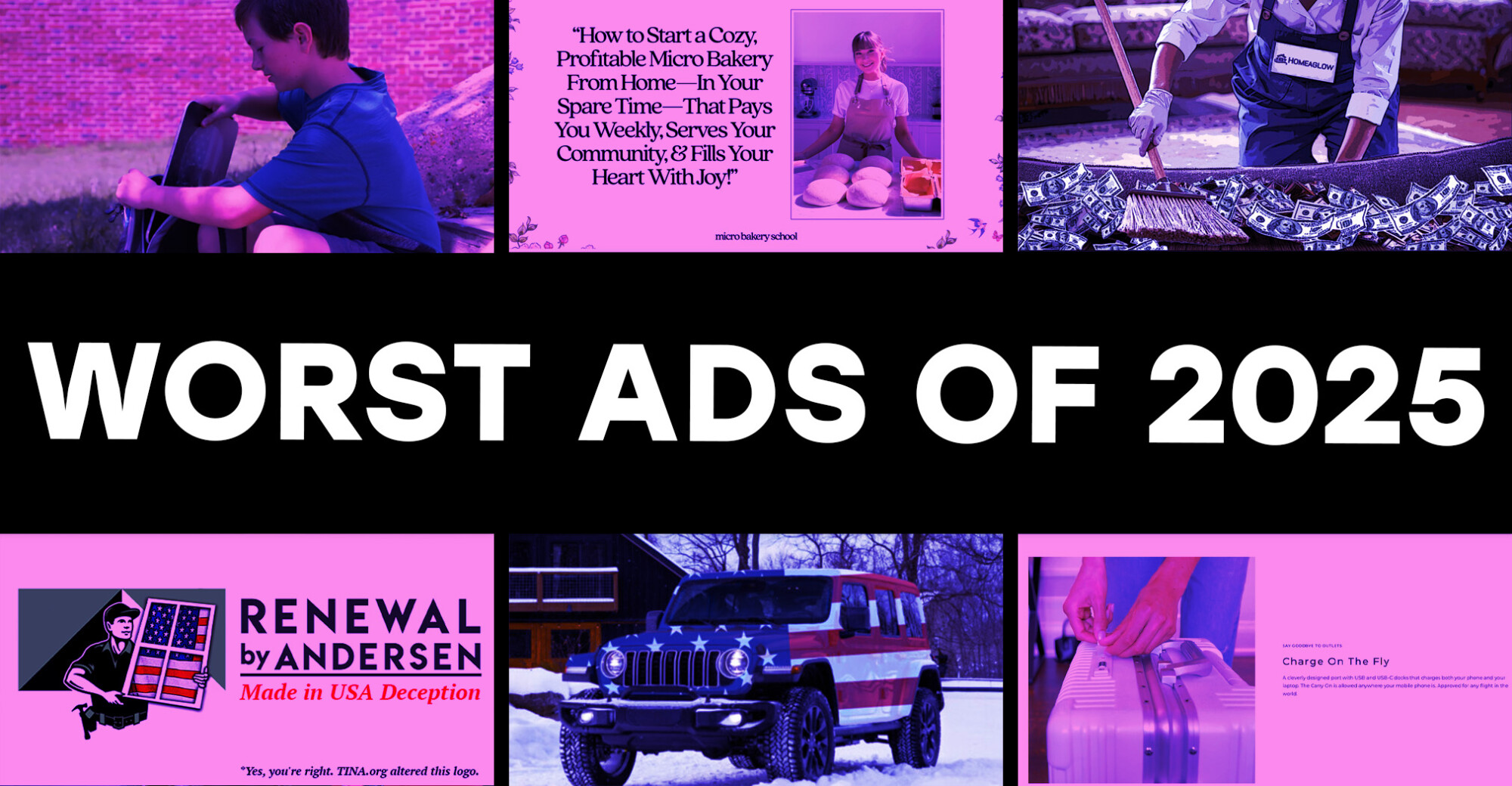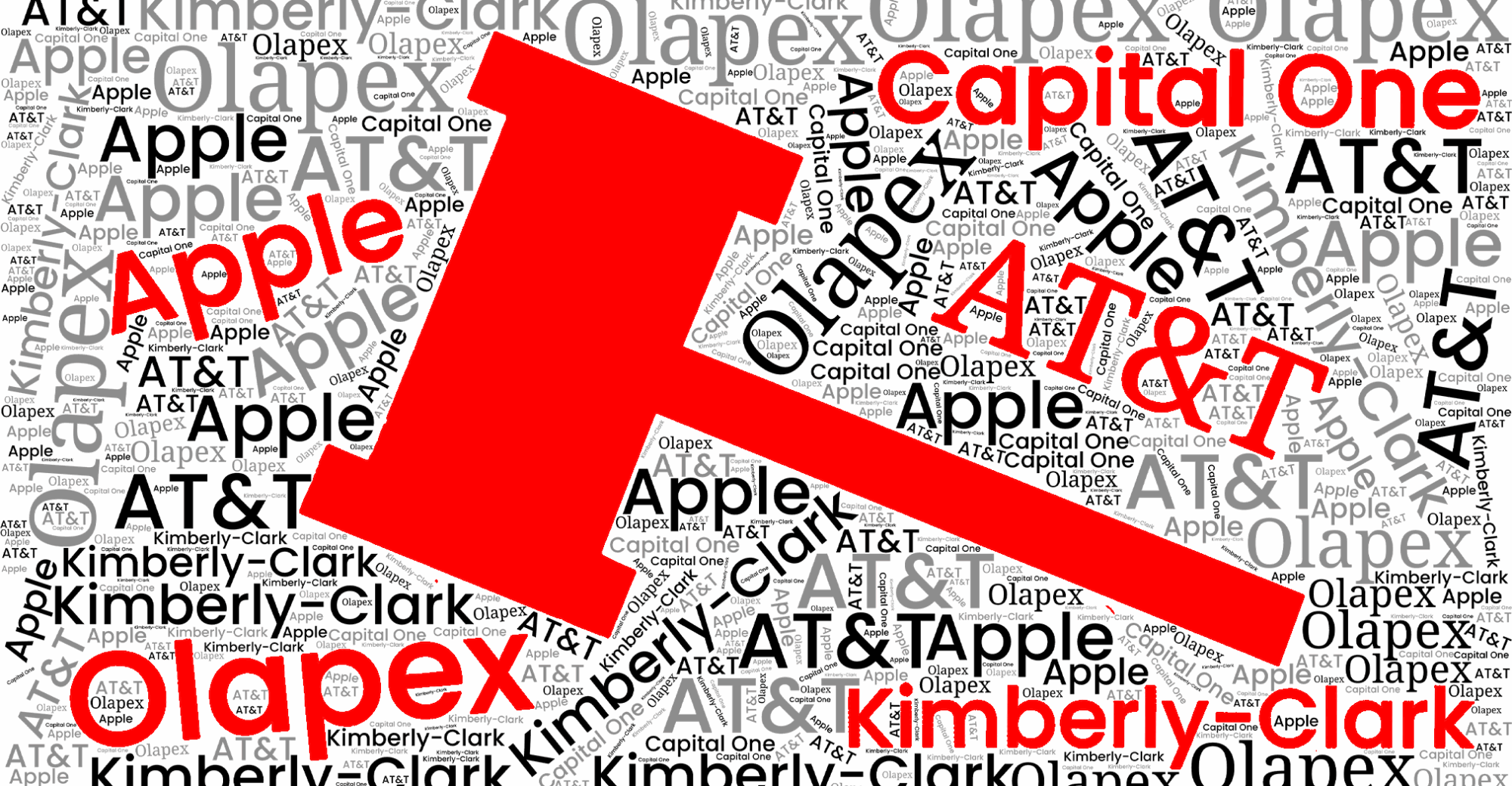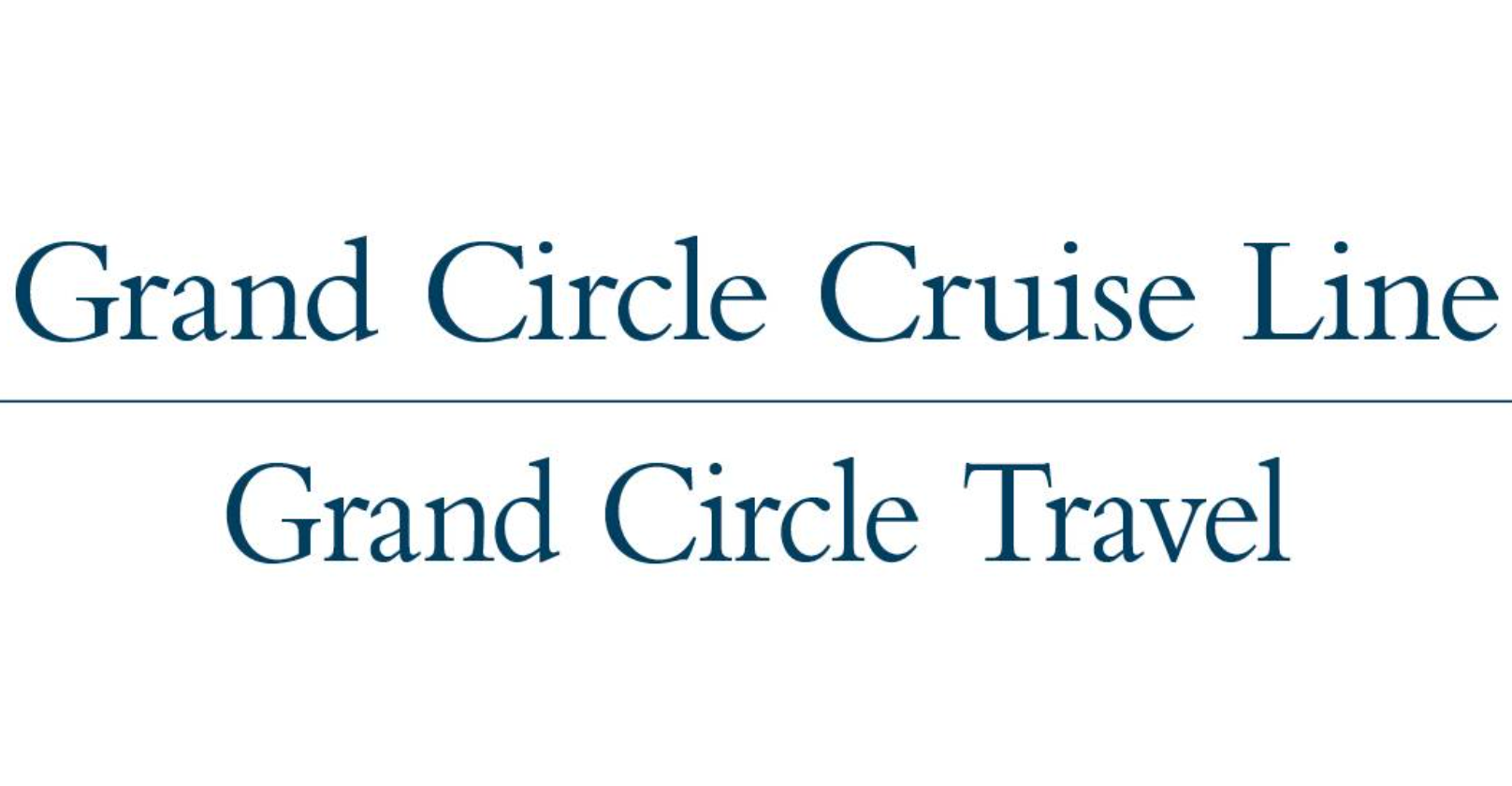
Most Deceptive Ads of 2025
Here were some of the worst ads TINA.org investigated this year.
In November 2018, a class-action lawsuit was filed against Inland Products for allegedly falsely advertising its ProHT Power Banks (portable chargers that are used to recharge electronic devices). Specifically, the complaint alleges that testing shows that the milliampere-hours (mAh) – which represents the number of times a power bank can recharge a device before it needs to be recharged – is much lower than the company represents. For example, plaintiffs claim that the company represents that the mAh of one of its power banks is 10400 when, according to the complaint, the actual mAh is 5840. (Mahavongtrakul et al v. Inland Products, Inc., Case No. 18-cv-7261, N.D. Cal.)
For more of TINA.org’s coverage of the marketing of power banks, click here.
Here were some of the worst ads TINA.org investigated this year.
Watch out for this company’s sketchy sale.
Some class-action settlements that left consumers out in the cold.
Don’t let this post-trip extension take you for a bumpy ride.
Free offer requires spending money.



